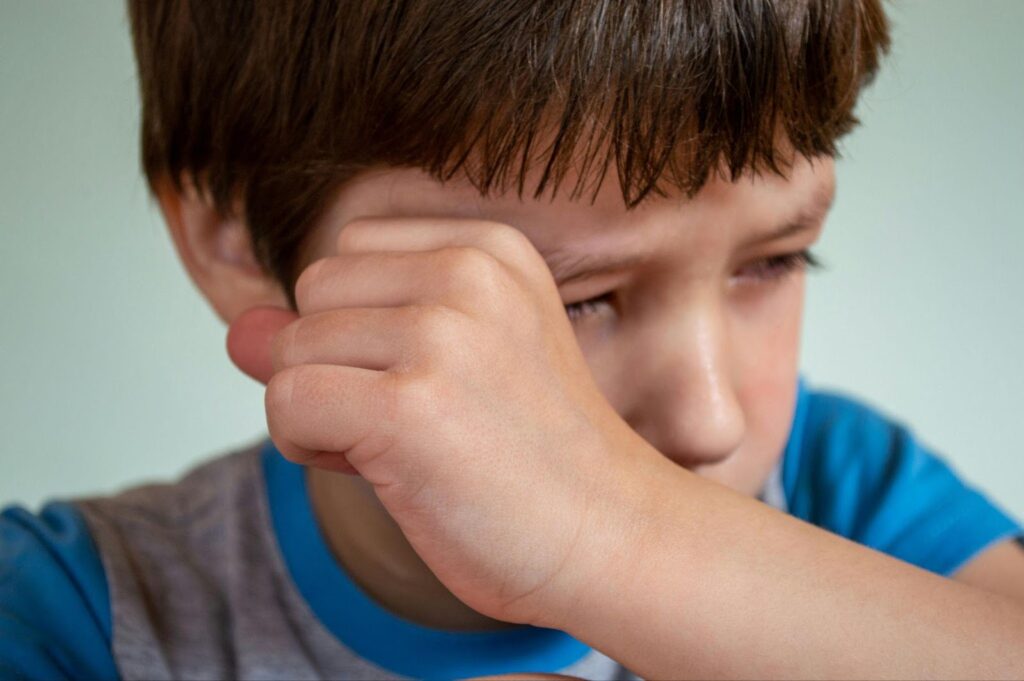Loss can be profoundly confusing and distressing for children. Whether they’re mourning the death of a family member, coping with divorce, grieving a pet, or experiencing huge change in their life, kids often don’t have the words or emotional tools to understand and process what they’re feeling. That’s where grief counseling in Salt Lake City, Logan, and Ogden plays a vital role. It provides a supportive space for children to explore their emotions, feel understood, and learn healthy ways to heal.
Children Grieve Differently Than Adults
Grief in children doesn’t always look like grief in adults. Kids often express their pain through behaviors rather than words. Their reactions might seem inconsistent—crying one moment and playing the next. This doesn’t mean they’re not grieving; they’re coping the best way they know how.
The way grief shows up can vary based on age:
- Toddlers and preschoolers may not grasp the permanence of death. They might repeatedly ask where a deceased person is or when they’re returning.
- Elementary-aged children might understand death more clearly but still struggle with feelings of guilt or magical thinking (believing their actions somehow caused the loss).
- Teens often grapple with complex emotions and existential questions and may mask their grief with anger, isolation, or risk-taking behaviors.
Understanding these developmental differences is key to helping children in Salt Lake City, Logan, and Ogden through grief; grief counselors are trained to do just that.
What Happens in Grief Counseling for Kids?
Grief counseling in Salt Lake City, Logan, and Ogden provides more than just a place to talk—it gives children tools for emotional resilience that last a lifetime.
1. Providing a Safe Space
In grief counseling, children are met with patience, empathy, and consistency. Many grieving kids worry about upsetting their parents or being misunderstood by peers. A trained therapist offers them a neutral space where they don’t have to “be strong” or “hold it together.” Instead, they can be themselves—confused, angry, sad, or scared—and know they’re accepted.
This safety is essential. When a child feels emotionally secure, they’re more willing to open up, explore their feelings, and begin the healing process.
2. Using Play, Art, and Storytelling
Children often communicate best through play, not direct conversation. In a child-friendly therapy setting, they might use dolls, drawings, sand trays, or storybooks to act out or express their emotions.
A child who can’t say, “I feel abandoned,” might draw a picture of a lonely house. A therapist can gently guide them to explore the meaning behind that image and help them name what they’re experiencing.
These creative outlets allow children to process complex emotions at a natural and safe pace.
3. Helping Them Understand Death
Misconceptions about death are common among children. They might think death is reversible, or they might fear that someone else—or even they—will be next.
Grief counselors in Salt Lake City, Logan, and Ogden use age-appropriate language and gentle conversation to help children understand the reality of death while addressing any fears or misunderstandings. This clarity can bring immense comfort and help ease anxiety.
4. Building Emotional Vocabulary
Many children don’t know how to label their feelings—they may only say they’re “mad” or “fine” when a whole world of emotion lies beneath them. A grief counselor helps kids expand their emotional vocabulary and understand the nuances of what they feel.
Identifying feelings like sadness, confusion, fear, or guilt allows children to communicate their needs better and gain control over overwhelming emotions.
5. Teaching Healthy Coping Skills
Grief counseling isn’t just about talking—it’s about learning. Children are taught practical coping tools such as deep breathing, mindfulness, journaling, or knowing it’s okay to cry.
These skills empower children to face emotional challenges with confidence. They also promote long-term mental health, equipping children to handle future stressors healthily.
6. Supporting the Family as a Whole
Grief counseling doesn’t happen in a vacuum—family dynamics play a huge role in how a child processes loss. Counselors often involve parents or caregivers in the process, offering guidance on how to talk about death or change, support their child’s emotions, and create rituals for remembrance.
The entire family can move toward healing together by improving communication at home and educating adults on children’s grief responses.
When Should a Child See a Grief Counselor?
Not all children need counseling after a loss or significant change, but some signs may indicate a child is struggling to cope:
- Ongoing sadness or withdrawal from activities and friends
- Frequent physical complaints with no medical cause
- Trouble sleeping or nightmares
- Anger, aggression, or acting out
- Anxiety, especially around safety or separation
- Regression (bedwetting, baby talk, clinginess)
Even if a child appears to be doing “fine,” therapy can be a preventive measure, offering them a place to work through their grief in a healthy, supported way.
Helping Kids Heal, One Step at a Time
Grief is not something to “get over.” For children, it’s something they grow through with guidance and support. Grief counseling in Salt Lake City, Logan, and Ogden helps children develop the emotional tools they need not just to survive their loss—but to thrive despite it. It provides the foundation for resilience, understanding, and hope.





